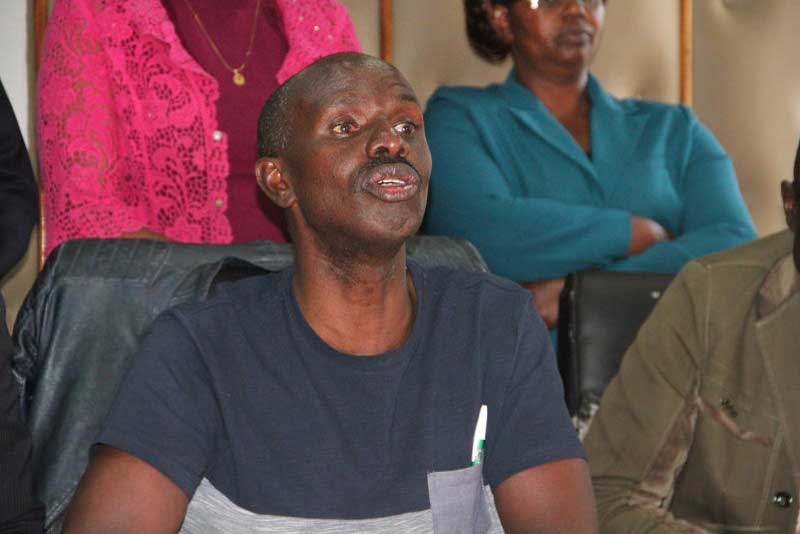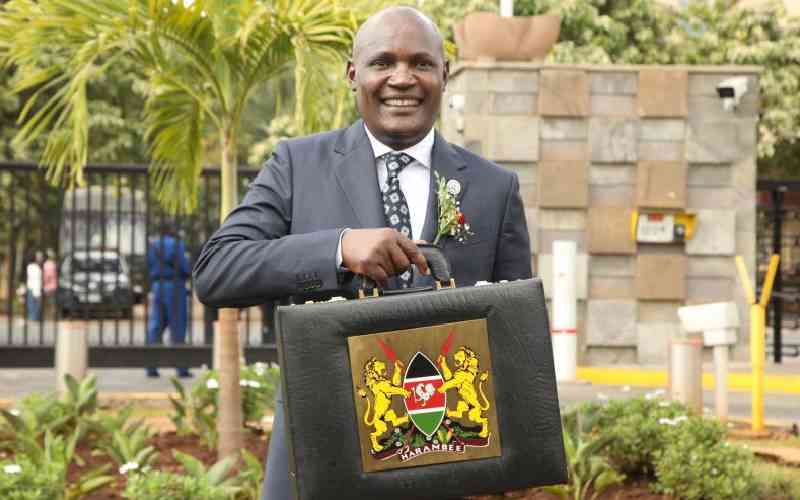×
The Standard e-Paper
Kenya’s Boldest Voice

The confusion and uncertainty triggered by a looming teachers strike does not augur well for thousands of pupils set to open school tomorrow.
The stalemate in talks called by the Labour ministry on Monday to forestall the strike was unnecessary and avoidable.







